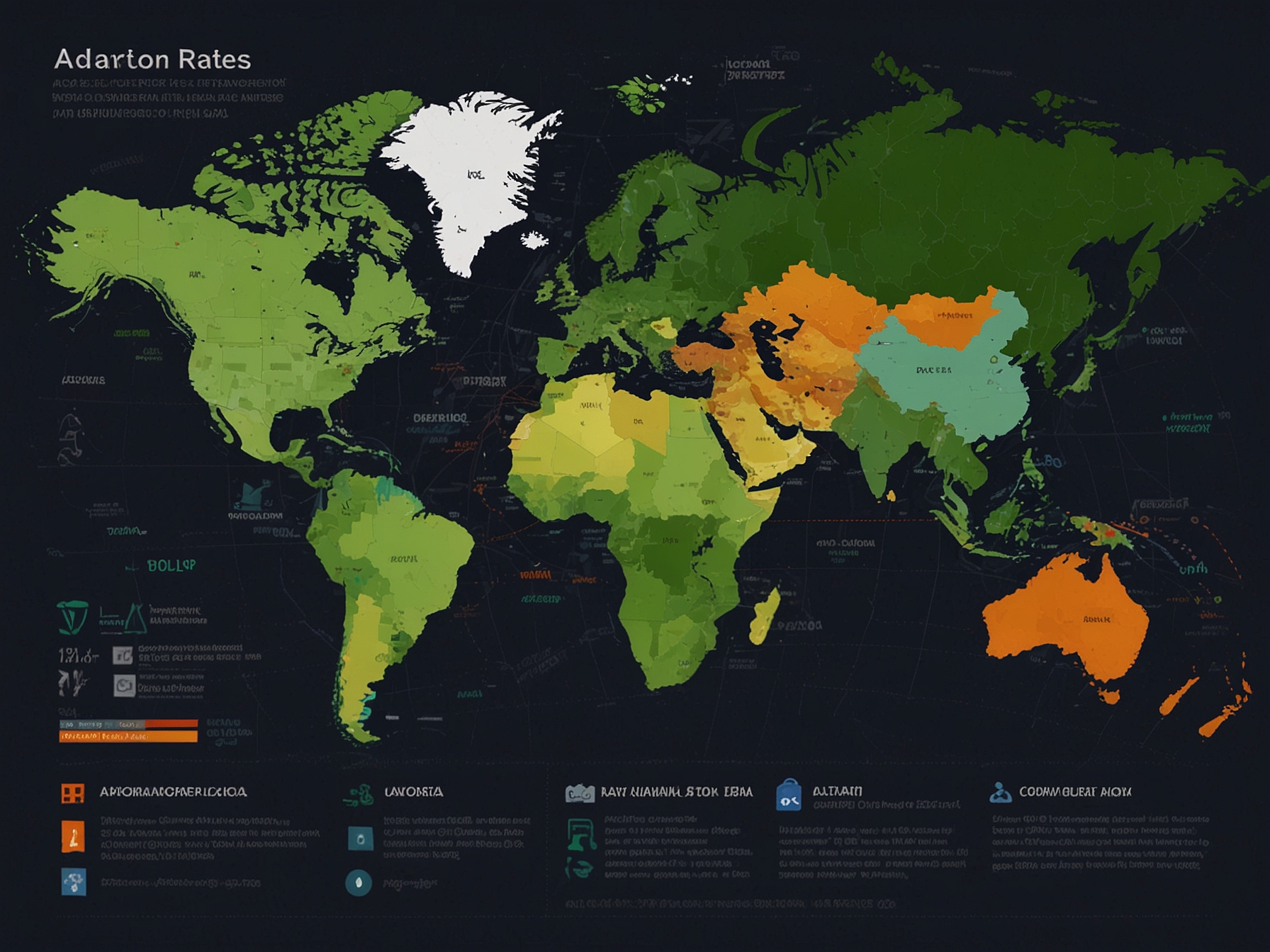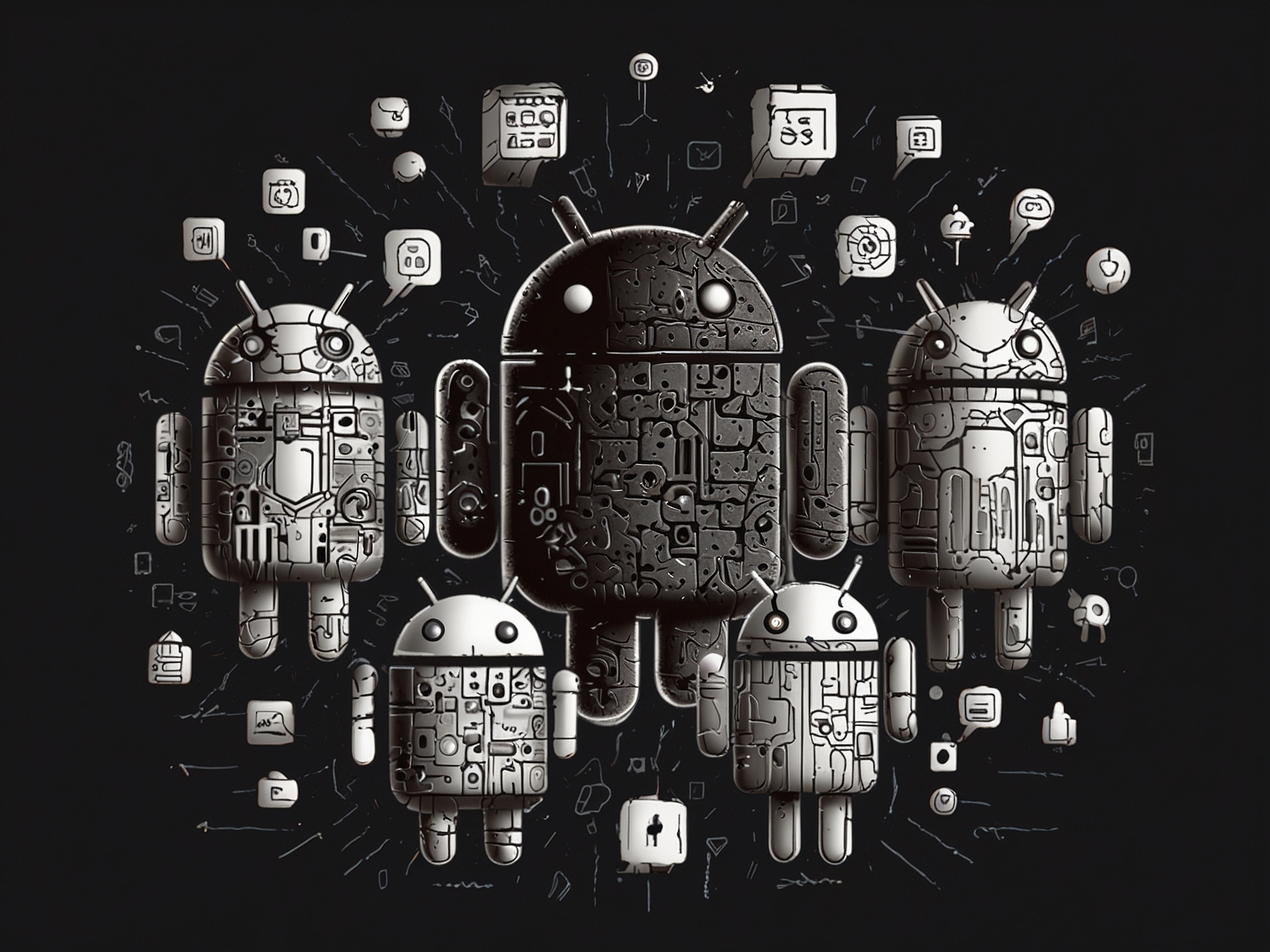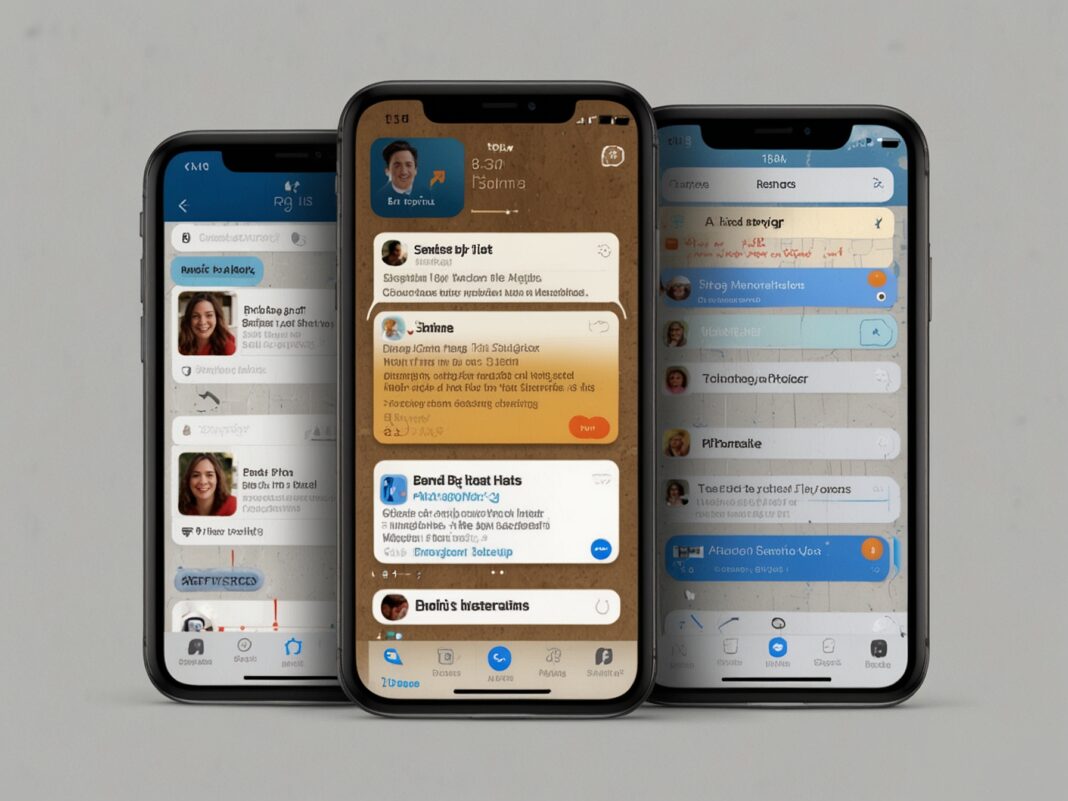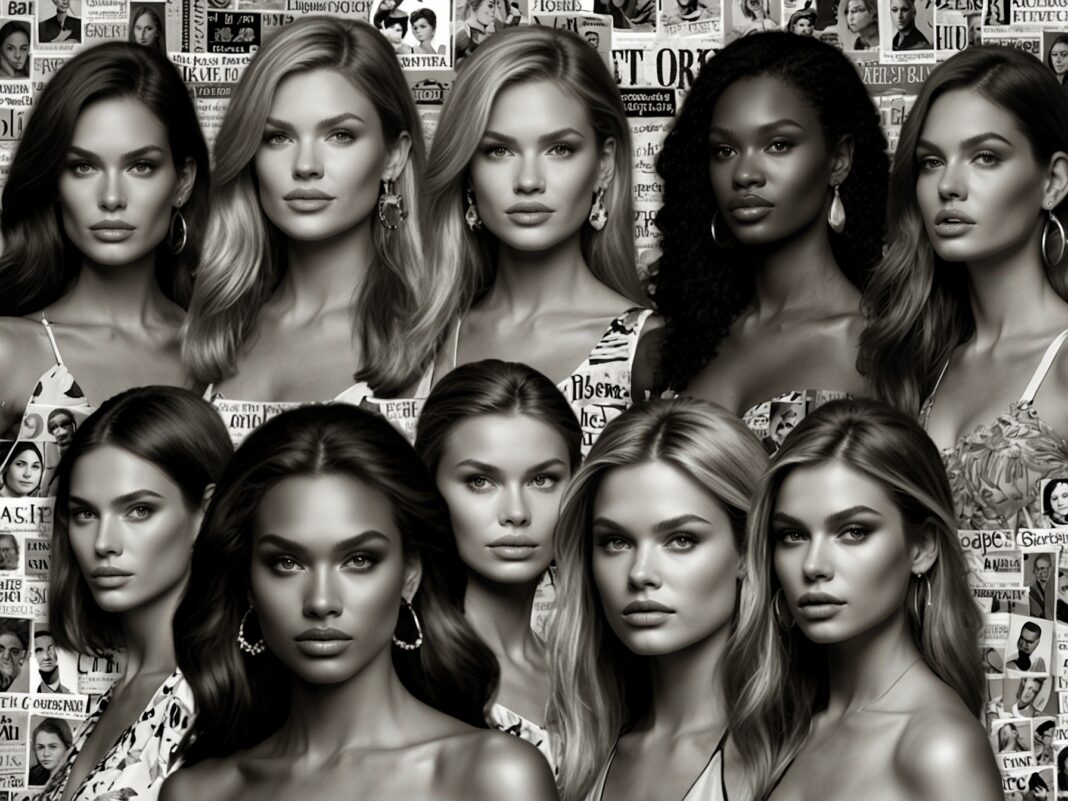As the tech world evolves, messaging plays a crucial role in connecting people. Apple’s foray into the RCS space caught many by surprise, particularly given its prominent position. But does this shift herald a significant change, or is it merely a flirtation with a distant reality?
With the launch of iOS 18, those with iPhones began to notice a small yet notable addition in their Messages app. An RCS tag appeared, sparking hope among users clamoring for a unified messaging experience. At first glance, this seemed like a small evolution in the messaging landscape.

© MondayBeast.Com – Images created and owned by MondayBeast, any use beyond the permitted scope requires written consent from MondayBeast
However, peeling back the layers reveals a more complicated picture. The enthusiasm for RCS—Rich Communication Services—quickly dissipates when users see how elusive and limited its adoption really is. Google thought embracing this protocol would usher in a smoother experience across platforms. Yet, months later, the enthusiasm feels cautiously optimistic at best.
A significant roadblock lies with carrier support. In countries like the United States, Canada, and parts of Europe, a handful of carriers have embraced RCS. But for many users trapped in the ecosystem of unsupported providers, it’s as if the feature doesn’t exist. Frustrating, indeed! Witnessing this stark division feels like looking at a fragmented landscape, reminiscent of the early days of Android fragmentation.
This is my opinion: When tech companies make claims about advancement, we should expect robust support. But the reality is often far messier than the promises. RCS sounds great in theory, yet in practice, the challenges remain immense.

© MondayBeast.Com – Images created and owned by MondayBeast, any use beyond the permitted scope requires written consent from MondayBeast
Moreover, it’s essential to address the privacy concerns tied to RCS. Lauded for features like read receipts and typing indicators, RCS still lacks end-to-end encryption, a serious issue for privacy-conscious individuals. This means that while users enjoy rich content sharing, they do so at the risk of their messages being intercepted or read by unauthorized parties.
While some iPhone users may cheer at the prospect of RCS functionalities, will they ever fully embrace it without robust support? This remains uncertain. In conversations with friends, many of them still profess love for iMessage, citing its seamless interface and high level of security. In their minds, Apple’s blue bubbles represent more than a color—they symbolize trust and reliability.
The divides drawn between RCS and iMessage lead us to ponder the real reasons for this technological chasm. Could it be a reluctance on Apple’s part to cede any ground to Android? Or perhaps a deep-rooted loyalty to their messaging system prevents them from fully integrating RCS? Questions like these linger in the minds of everyday users.

© MondayBeast.Com – Images created and owned by MondayBeast, any use beyond the permitted scope requires written consent from MondayBeast
This is my opinion: I believe that as the digital landscape evolves, the focus should lean more toward universal standards in messaging. Developers and companies need to prioritize user convenience and security above all else. Otherwise, we risk sinking deeper into the clutches of fragmentation.
In conclusion, while Apple’s introduction of RCS on the iPhone shows promise, it underscores a stark reality. Until carriers rally together to strengthen this system, it may remain an elusive dream for many users. With the visible contrasts between platforms, what does the future hold for communication?
Rather than easement, the RCS rollout seems a distant, optimistic saga for now. Users are left in a state of anticipation, hoping that the tech world embraces a unified front. Until then, the messaging wars—like old rivalries—will rage on. Are we ready for a true shift, or will this remain just a hopeful tease?

© MondayBeast.Com – Images created and owned by MondayBeast, any use beyond the permitted scope requires written consent from MondayBeast
The conversation continues, especially as users ponder their options. The bold ideas of unity and harmony clash with the practicality of day-to-day messaging. Technology has the power to connect us all, yet the barriers still linger, reminding us how far we have to go.




